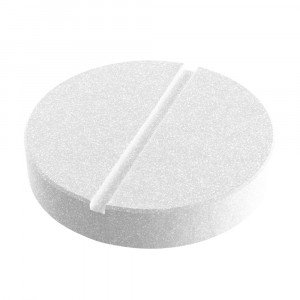 Welcome
Welcome
“May all be happy, may all be healed, may all be at peace and may no one ever suffer."
- A
- B
- C
- D
- E
- F
- G
- H
- I
- J
- K
- L
- M
- N
- O
- P
- Q
- R
- S
- T
- U
- V
- W
- X
- Y
- Z
Spironolactone - Brands
Spironolactone is a long-acting aldosterone antagonist. Spironolactone is a specific pharmacologic antagonist of aldosterone, acting primarily through competitive binding of receptors at the aldosterone dependent sodium-potassium exchange site in the distal convoluted renal tubule. Spironolactone causes increased amounts of sodium and water to be excreted, while potassium and magnesium is retained.
Pharmacology
Spironolactone is a specific pharmacologic antagonist of aldosterone, acting primarily through competitive binding of receptors at the aldosterone-dependent sodium-potassium exchange site in the distal convoluted renal tubule. Spironolactone causes increased amounts of sodium and water to be excreted, while potassium is retained. Spironolactone acts both as a diuretic and as an antihypertensive drug by this mechanism. It may be given alone or with other diuretic agents which act more proximally in the renal tubule. Aldosterone interacts with a cytoplasmic mineralocorticoid receptor to enhance the expression of the Na+ K+ ATPase and the Na+ channel involved in a Na+ K+ transport in the distal tubule . Spironolactone bind to this mineralcorticoid receptor, blocking the actions of aldosterone on gene expression. Aldosterone is a hormone; its primary function is to retain sodium and excrete potassium in the kidneys.
To be happy, beautiful, healthy, wealthy, hale and long-lived stay with DM3S.
